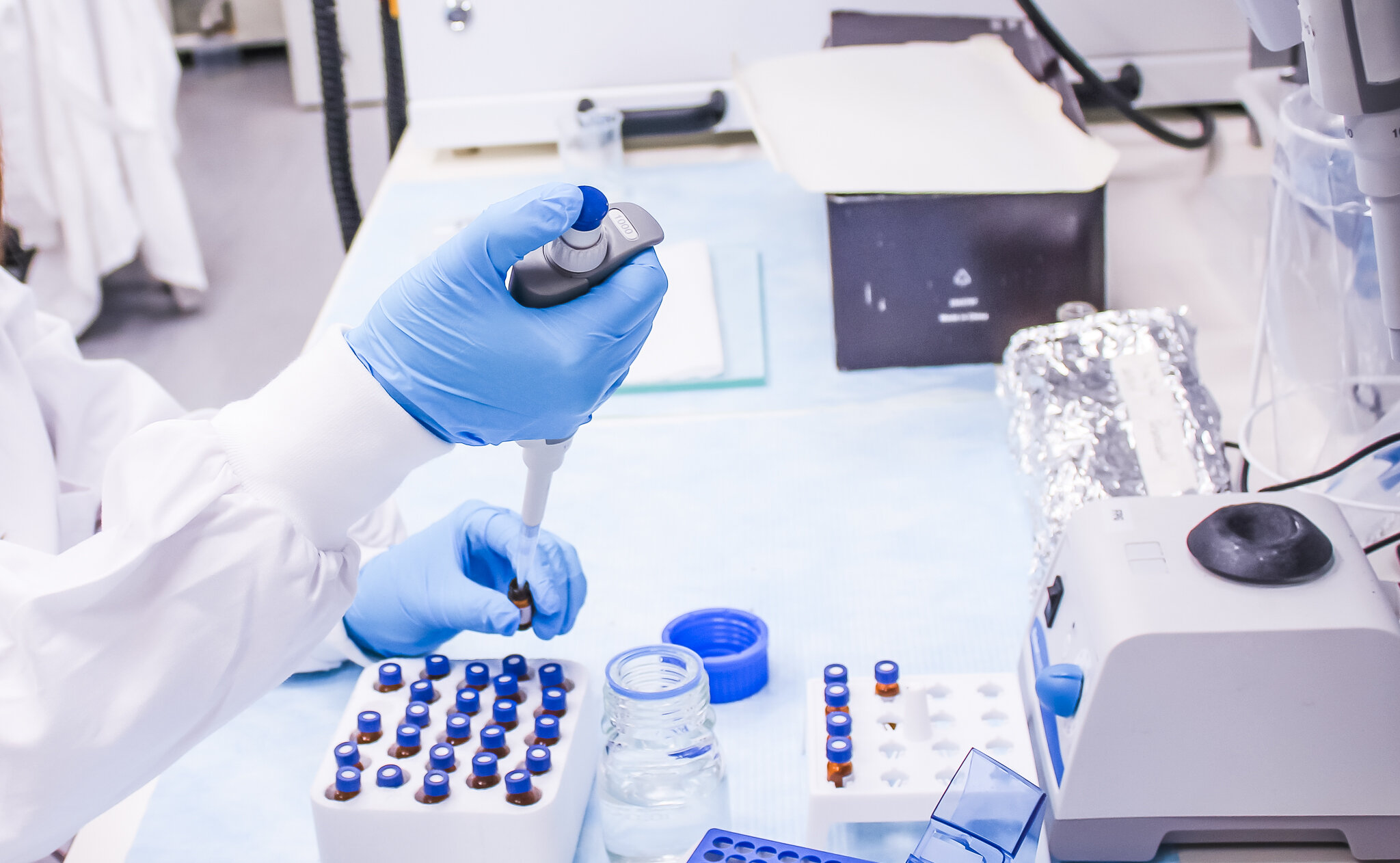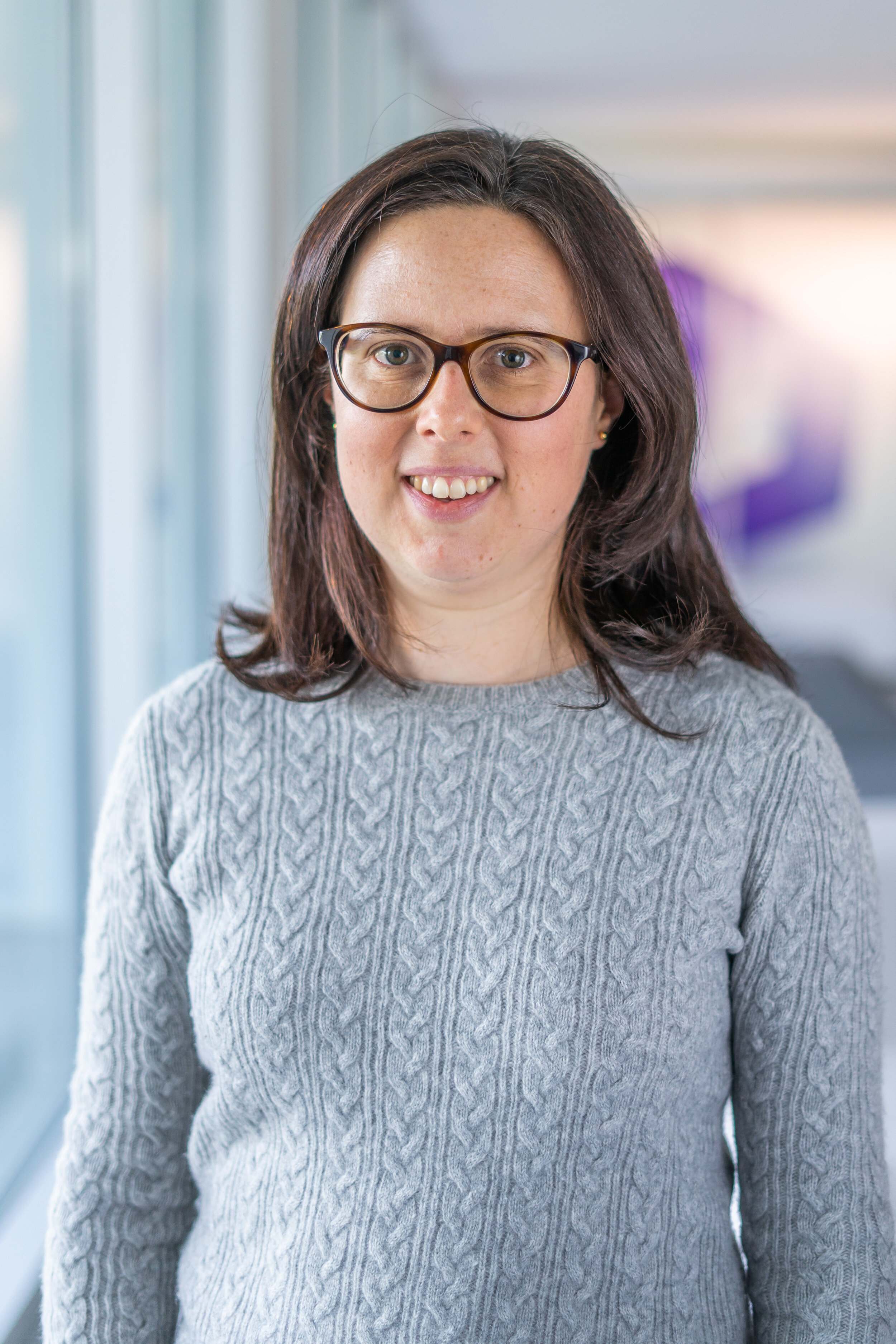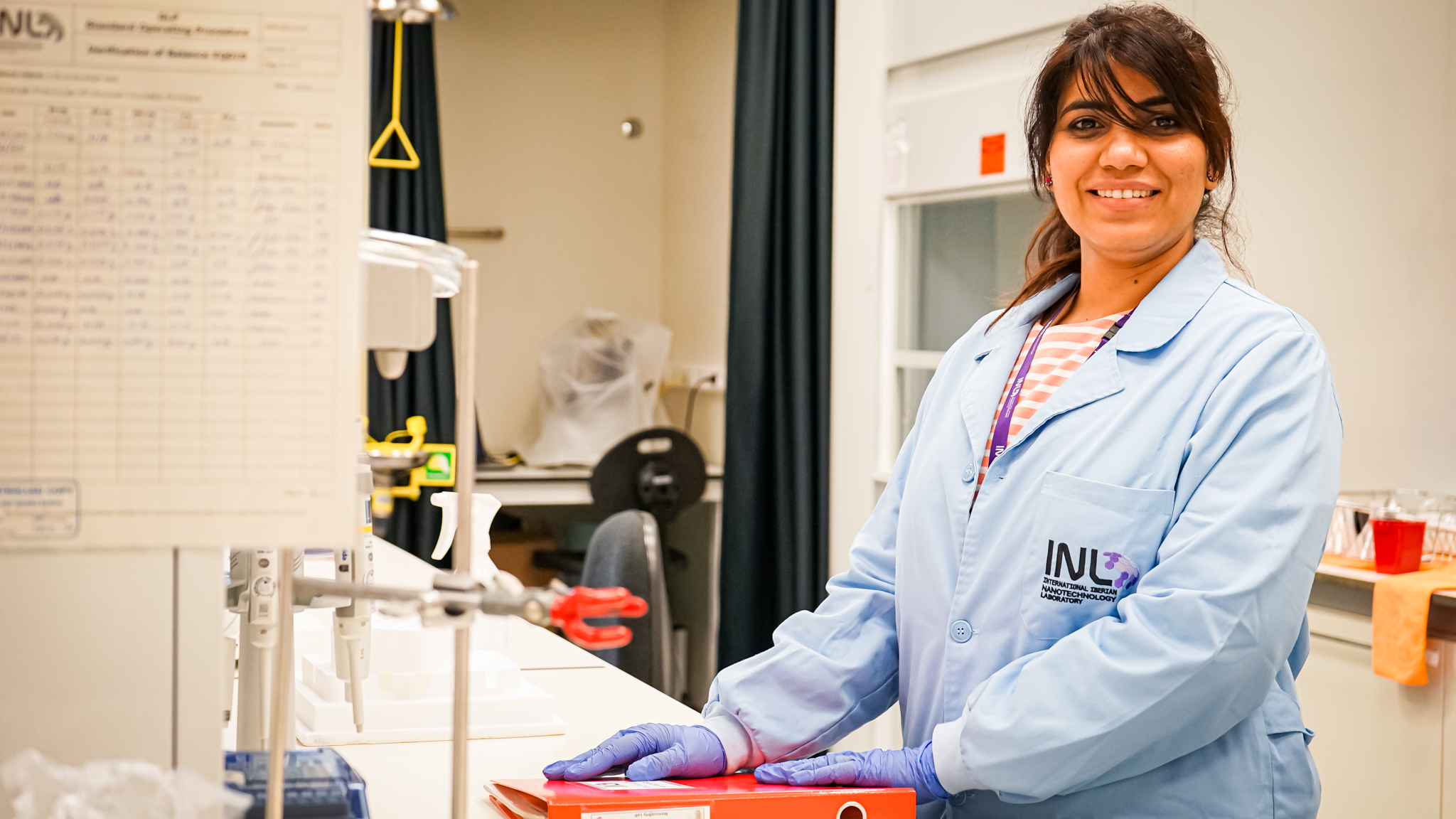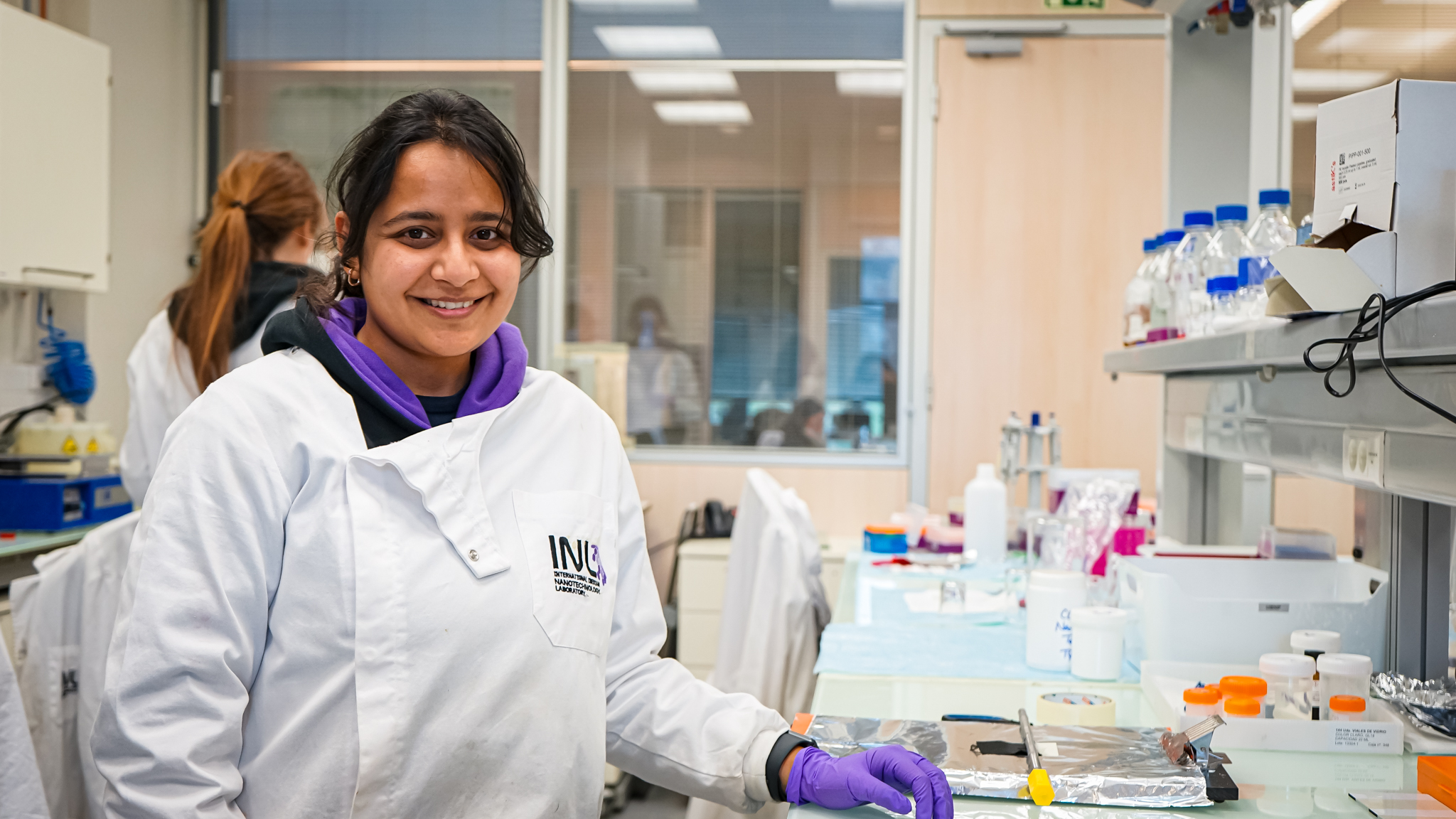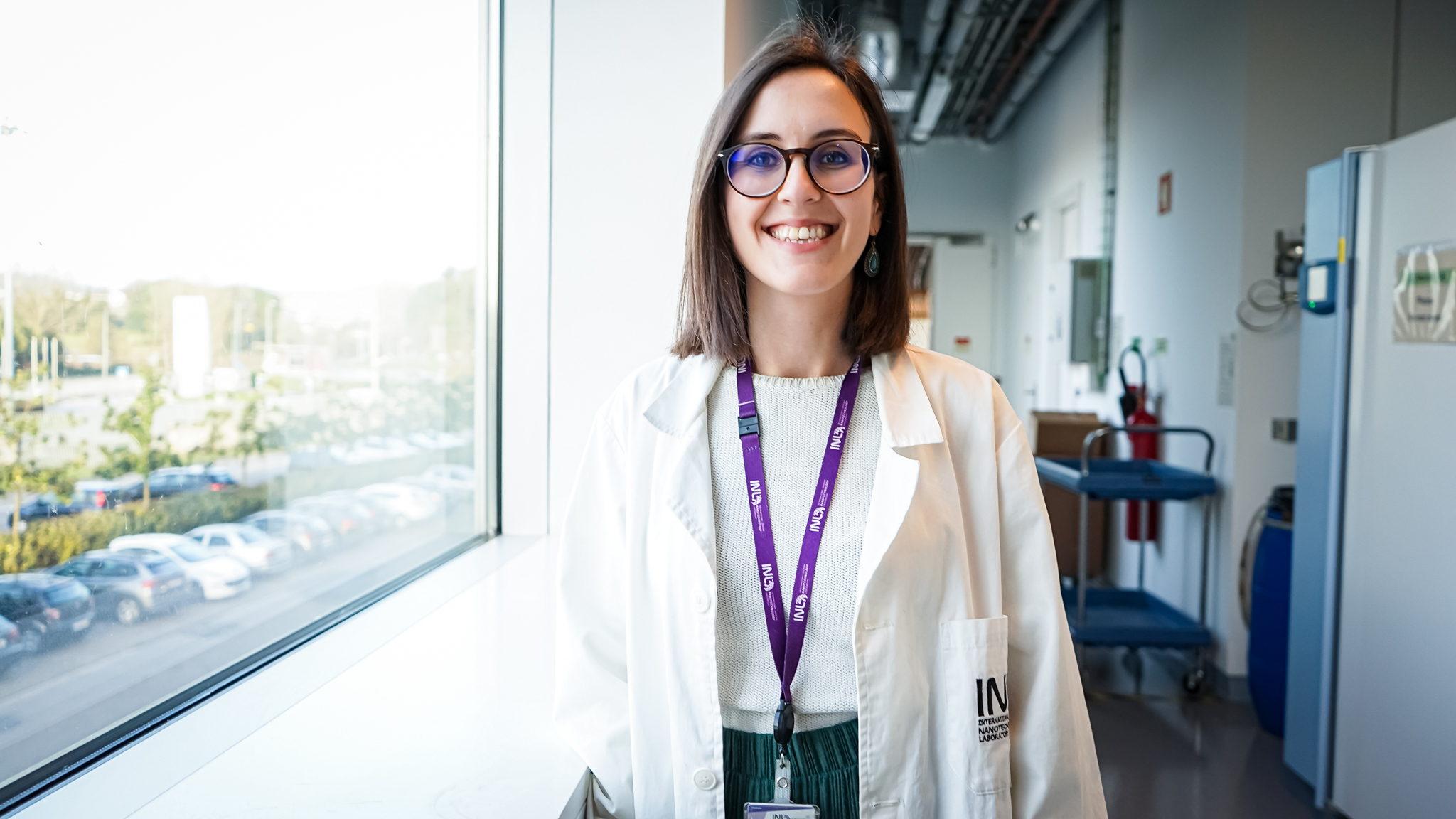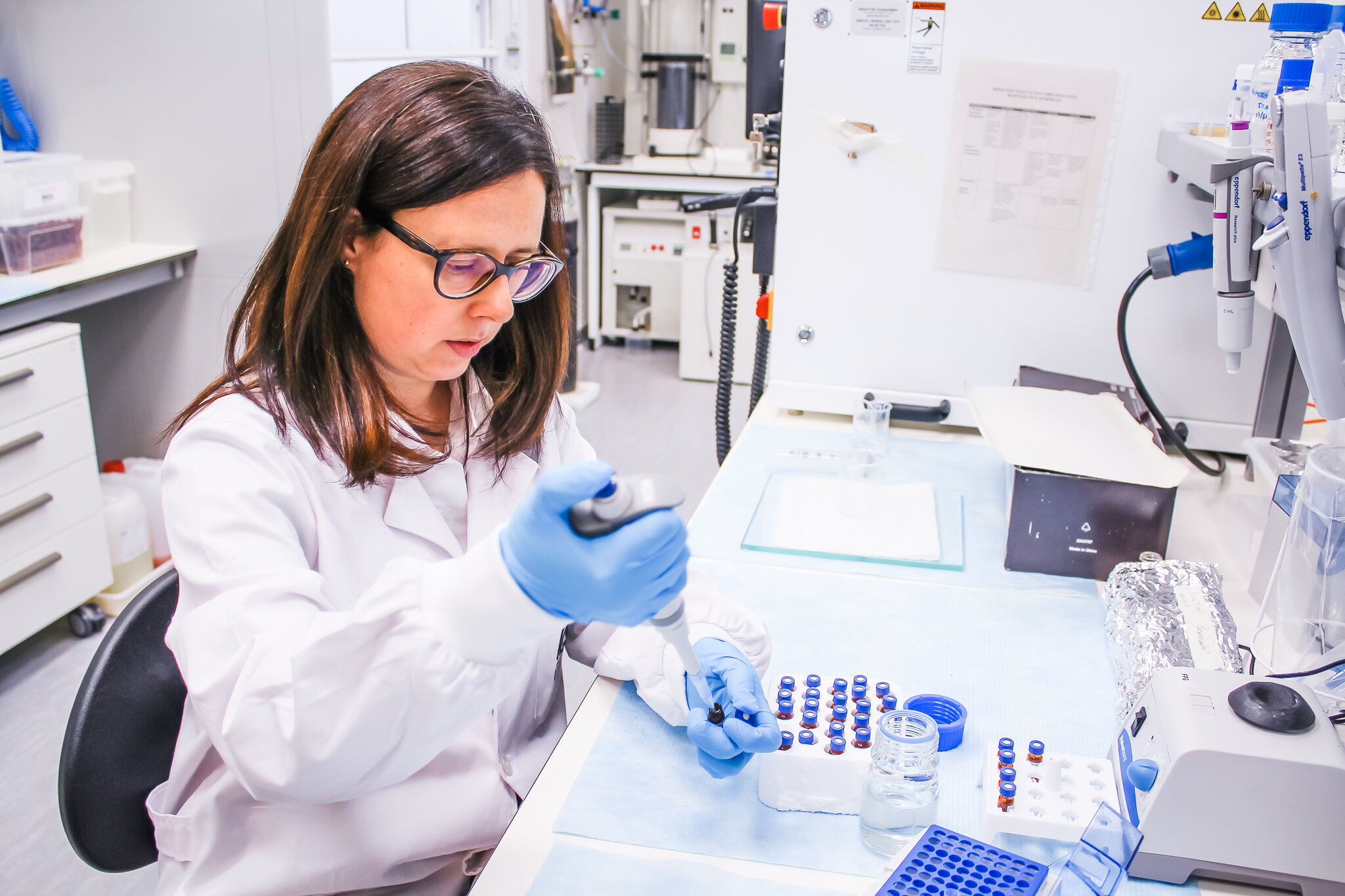
Developing a new treatment for obesity, an interview with Isabel Rodríguez
March 4, 2021
Today, March 4th is #WorldObesityDay! And… #EveryBodyNeedsEverybody!
At INL – International Iberian Nanotechnology Laboratory, through the hands of Isabel Rodríguez and the project Think Thinner we aim to develop an intelligent oral system able to deliver a combination of bioactive compounds effective in the treatment of obesity and related disorders.
As we fight the pandemic we also need to remember that increased body weight is the second greatest predictor of hospitalisation and a high risk of death for people suffering from COVID-19. Only old age rates as a higher risk factor. Reducing one major risk factor, overweight, would have resulted in far less stress on health services and reduced the need to protect those services from being overwhelmed.
For these reasons, we need to recognise overweight as a major risk factor for infectious diseases including respiratory viruses. To prevent pandemic health crises in future requires action now. And we start here.
Who is Dr Isabel Rodríguez Amado?
Dr Isabel Rodríguez Amado is a Biochemist and holds a PhD in Food Science and Technology from the Universidade de Vigo (Spain), and has postdoctoral experience at the University of Reading (UK) and at the Universidade do Minho (Portugal). Her research has covered disciplines from Food Biotechnology, Valorization and Food Processing, to Drug Delivery at different European institutions. She has over 30 peer-reviewed publications and was a co-author in 8 book chapters. She has also been involved in lecturing in Food Chemistry and Biochemistry disciplines, and in co-supervising postgraduate students in Spain, UK and Portugal.
She is a Research Fellow and works at the Food Processing and Nutrition research group. The research project she is involved in is focused on the development of new treatments for obesity by enhancing bioactive discovery-development and delivery to targeted tissues, through actuation on the microbiota-gut-brain axis.
The goal of her project is developing a safe, long-term effective, anti-obesity treatment with the benefits of bariatric surgery and without its clinical complications, based on the combination of bioactive peptides and a selection of symbiotics modulating the levels of hormones regulating satiety.
What inspired you to pursue the development of new treatments for obesity?
Obesity is one of the big societal challenges, and as a postdoctoral researcher working in the Food Processing and Nutrition Group when I applied to my current COFUND position, I thought this was a fascinating and challenging topic to plan research.
Obesity and overweight affect almost 2/3 of the adult population and more and more children every day. At present, there is no available treatment so far other than surgery and, despite the efforts to promote diet and exercise, the success of these interventions to fight the disease are limited. Bioactive compounds with activity to increase weight loss and reduce food intake (satiety) and probiotics are good candidates to contribute to reducing or even reversing some conditions related to obesity, like gut inflammation and dysbiosis (altered intestinal microbiota). My background is mainly in food biotechnology related to peptides with bioactive activity and probiotics, so joining together this background with the expertise in nanotechnology I acquired during my time as MPA at INL were the basis of my current research in obesity field.
The goal of your project is to develop a safe, long-term effective, anti-obesity treatment. Can you please, present your project, goals and future developments?
Think Thinner is a project aimed at developing an intelligent oral system able to deliver a combination of bioactive compounds effective in the treatment of obesity and related disorders. The idea is to develop combined strategies based on bioactive peptides with satiating properties and probiotics and to deliver them to different sites of the gastrointestinal tract when needed.
So far, we have developed encapsulation systems for satiating peptides that can be released during digestion at the duodenum. We have also worked in collaboration with our colleagues of the UFRN (Brazil) in the evaluation of the stability and safety of nanocapsules for a satiating peptide purified by the Brazillian group. They have tested the nano encapsulated peptide in vivo and had promising results
Through these collaborations and others, we are also developing encapsulation systems for probiotics (bacteria) using prebiotics (non-digestible fibres) as encapsulating materials to provide them protection against the adverse conditions of the gastrointestinal tract and deliver them active at the colon. And provide them with a competitive advantage compared to other intestinal bacteria so they can develop better in the colon, improve our gut microbiota, the gut barrier integrity, and ultimately our immune system. We have a collaboration with the University of Reading through a PhD student where we plan to co-encapsulate probiotics and antioxidants to revert dysbiosis and inflammatory conditions.
Hopefully, all these ongoing collaborations will bring new knowledge and abilities to produce bioactive ingredients to produce functional foods able to help in the control of obesity.
What do you see as the most important steps needed to address and fight obesity?
In my opinion, the joint efforts of the whole society are needed to fight this complex disease. Cooperation between different stakeholders is needed to find solutions to fight obesity. These stakeholders include the education sector in diet and healthy habits, regulatory systems and policymakers acting in the labelling of foods, the food production system in the formulation of healthier natural functional products, the health system in the management of obesity through combined strategies, and RTDs pushing the boundaries to find disrupting solutions.
In what refers to the latter, we as researchers should focus our efforts on extending our collaboration network to provide multidisciplinary teams aimed at addressing different aspects of the disease.


